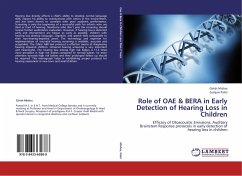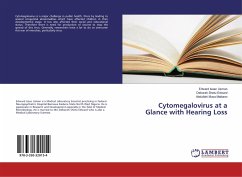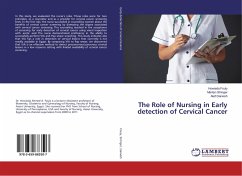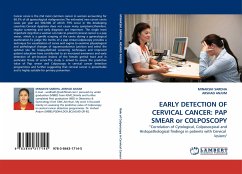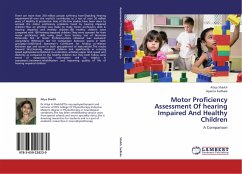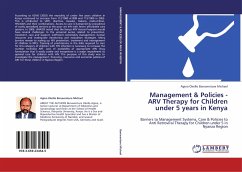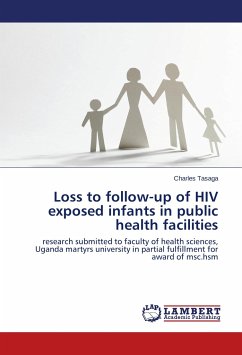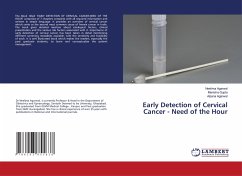Hearing loss directly affects a child s ability to develop normal language skills, impairs his ability to communicate with others in the environment, and has been shown to correlate with poor academic performance. Screening is only the beginning of a successful path for infants who are deaf or hard of hearing. Newborns who don t pass the screening should receive further audiometric evaluation. However, if hearing loss is detected early and interventions are begun as early as possible, children with hearing loss develop language, cognitive, and speech skills comparable to their non-hearing-impaired peers. The technology and expertise for implementation of neonatal hearing screening is available, accurate and acceptable. The OAEs/ ABR test protocol is effective means of diagnosing hearing impaired children. Universal hearing screening is very important and meaningful. The hearing loss among high risk babies is 17.3 times more prevalent in high risk babies compared to normal babies.So more attention towards high risk babies and their prolonged follow up should be required. This monograph helps in establishing proper protocol for hearing assessment in new born and small children.
Bitte wählen Sie Ihr Anliegen aus.
Rechnungen
Retourenschein anfordern
Bestellstatus
Storno

